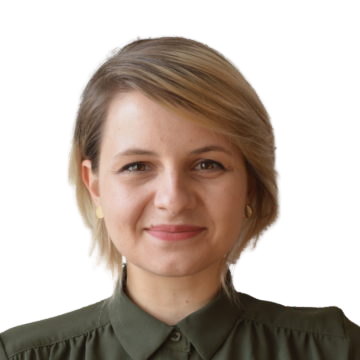
Building on the success of our inaugural fellowship 2022-2023 we welcomed fourteen new fellows for 2023-24 from government, civil society, academia and the private sector.
Fellows participated in a series of online and in-person workshops and events with experts from the field, investigating issues and themes in contemporary cybersecurity and building practical skills in debate and analysis.
Fellows also received support in writing for policy, gained access to networking opportunities and linked events supported by ECCRI.
After graduating from the program, fellows joined ECCRI’s Alumni network, where they receive continued support from the ECCRI team, its partnership network, and fellow Alumni in their career development.





























